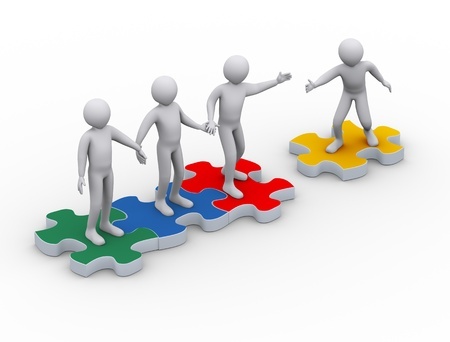What does it mean to take responsibility for your mental
illness?
Robin Williams understood what it meant to take responsibility for his mental illness. He was very brave to continue a stressful career with the effort he made to maintain a sense of stability.
I think whether a person has a mental illness or not, they
are responsible for what they do in life. Taking responsibility gives a person some sense of control of a disability that many times makes you think you can't do it. That disorder is wrong.
By having a mental illness, some may think they have an
“easy out” when it comes to their behavior. I’m not one of them. I think, even
more so, someone with mental illness should be responsible for his or her
behavior.
I wouldn’t expect to be given a free ride in any situation
just because I have Bipolar Disorder. I definitely wouldn’t expect someone to
excuse my behavior if I chose not to attend a particular social function
because I have Social Anxiety Disorder. I would expect to be treated with much
more respect than that.
I truly believe that letting a person with mental illness
get away with something like the above situation only increases stigma, not
reduce it.
I’m a true advocate for those with mental illness and I
believe that we should all be treated equal, no matter our mental illness, or
any other illness whether it be cancer, diabetes, or fibromyalgia.
Taking responsibility for your mental illness is important
in helping improve your self-esteem and confidence. By increasing our confidence and self-esteem,
we are showing the world that we are responsible for our actions. We do not get
a “get out of jail” free pass just for having a mental illness.
If you let a person who has a mental illness use their
“free pass”, then you are only continuing the stigma surrounding the illness.
We are all functioning members of society. We all function
in one form or another. By separating out a portion of the population and not
making them responsible for their behavior is increasing the stigma related to that
member of society.
As I’ve said before, I have Bipolar Disorder, and Social
Anxiety Disorder, and Generalized Anxiety Disorder, and OCD, and Panic Attack
Disorder and PTSD. But, when I introduce myself to someone, I don’t say, “Hi,
I’m Vicki, and I have blah blah and blah and I am also blah blah blah and I
suffer from blah and blah.”
Of course I don’t!
I say, “Hi, I’m Vicki, and I’m an author, and a grandmother, and I love
my pets.” And, if we sat long enough and talked I would take out pictures and
show you my four grandchildren and my dog and my parrot. I would tell you about
the books I’ve written and the writing organization I helped found fifteen
years ago.
The point is, I am more than my mental illness. We all are
more than any illness or disability. And
we should be treated as such.
I am as responsible for my actions as anyone else in
public. Whether I have a mental illness or not. To treat me otherwise, would be
to increase the stigma surrounding the illness.
Please, if you meet me on the street, let’s talk about my
pets or my grandchildren. I’m more than happy to discuss my mental illness with
you, but don’t ever excuse me for it. And, especially don't avoid me because of having Bipolar Disorder.
In reality, you may see me on the street and never know
about my mental illness. We’re not all uncontrollable, raving beasts as shown
on TV or the news. We’re normal human beings living normal lives.
We are completely trustworthy and responsible. And, we
should be treated as such.
You would expect the same from me, wouldn’t you?
If you want to talk about how you can learn to be more than your mental illness, I'm here to listen.


No comments :
Post a Comment
Thank you for taking the time to read my blog and post a comment.